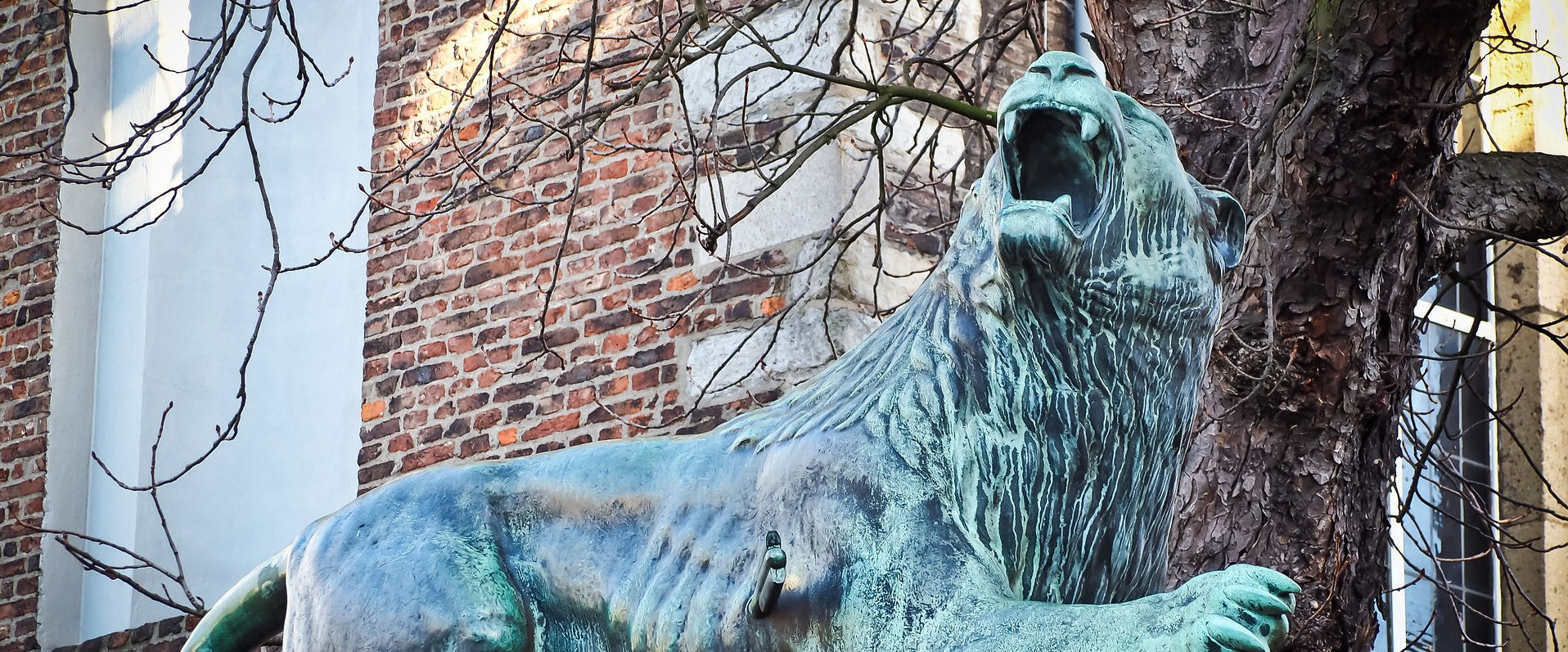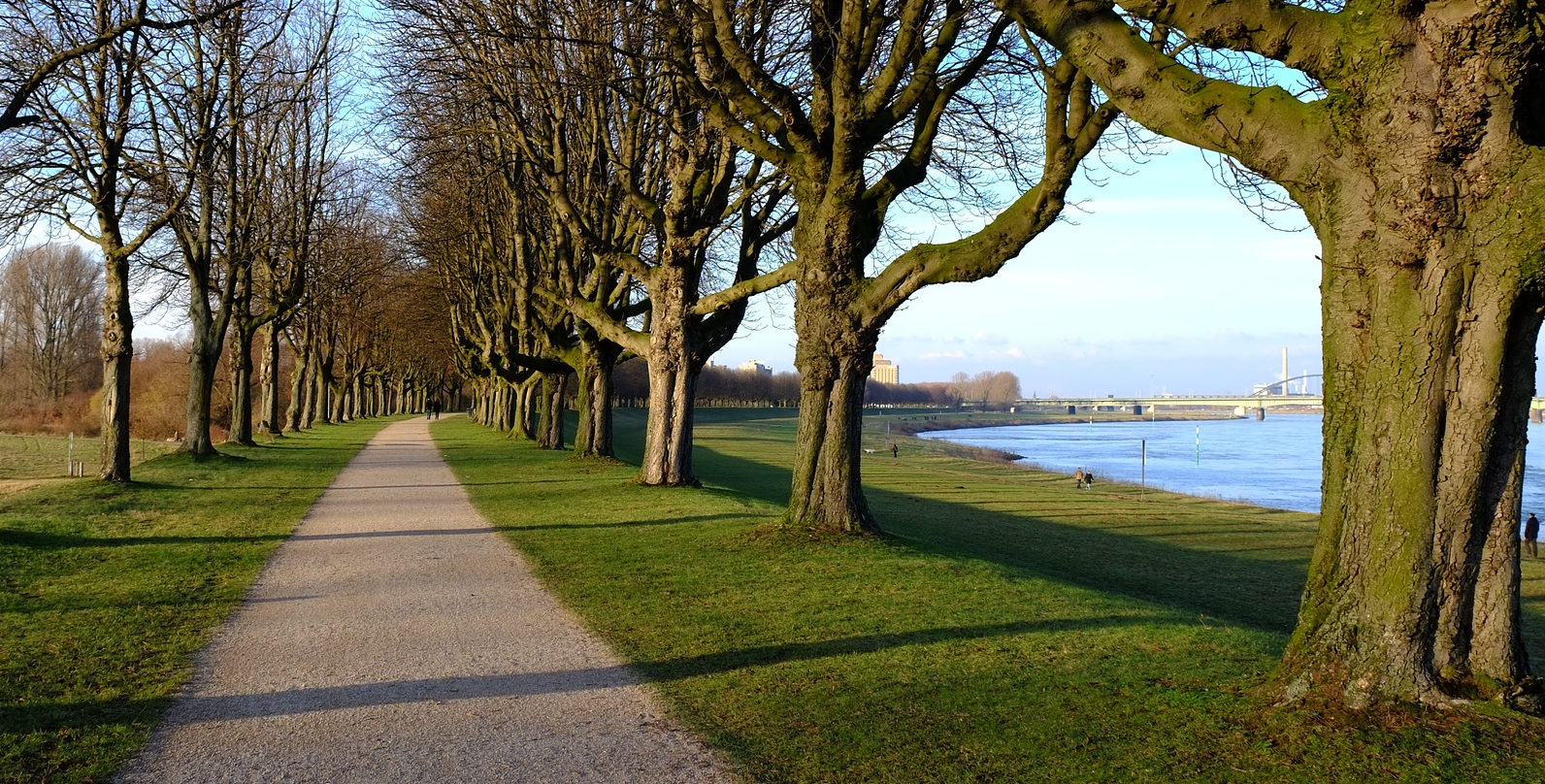Ambulatory anaesthesia
Do you already sleep or do they still snore?
60% of all men and 40% of all women over 60 snore. Among 30-year-olds, it is already 10% of men and 5% of women. This sleep disorder therefore increases with age. Snoring is caused by the narrowing or brief complete closure of the upper airways during sleep. This is often due to slackening of the tongue and throat muscles. This causes the soft tissues to flutter when you breathe in and out, resulting in snoring.
However, snoring can hide a serious illness, sleep apnoea!
We speak of sleep apnoea when the airways collapse completely for a short time and breathing pauses occur. These pauses in breathing can occur up to 600 times per night and last up to 2 minutes at their peak. The brief lack of oxygen causes subliminal wake-up reactions and breathing resumes. However, these constant wake-up reactions prevent restful sleep. The consequences are daytime tiredness, concentration problems and microsleep.
If left untreated, sleep apnoea can lead to high blood pressure, impotence, heart attack or stroke.
The causes of snoring must be seriously investigated. Close interdisciplinary cooperation between a sleep physician, a lung specialist, an internist and a dental sleep specialist is therefore important in the diagnosis and selection of the right therapy.
For the treatment of mild and moderate sleep apnoea, as well as simple snoring, a mandibular advancement splint (“snoring splint”) can be used. These splints are made of two parts and are individually made for each patient. They hold the lower jaw and tongue during forward movement. In this way, the pharyngeal cavity remains open, the flaccid pharyngeal muscles are stabilised and the body gets enough oxygen during sleep.
during sleep. The upper and lower jaw splints are individually adjusted using various connecting elements so that the sleep-disturbing waking reactions are absent or reduced.
The German Society for Dental Sleep Medicine as well as the current
the current S3 guidelines “Non-restorative sleep/sleep disorders” recommend recommend the treatment of mild and moderate sleep apnoea with a splint as an equivalent with a splint as an equivalent alternative to treatment with positive pressure ventilation.
Dr Daniela Oedinger has been certified for many years by the DGZS
(German society for dental sleep medicine) for many years and is
is available as your contact person in our practice.
Please contact us for a detailed consultation in our practice!
Our goal is a well-rested and healthy patient!







